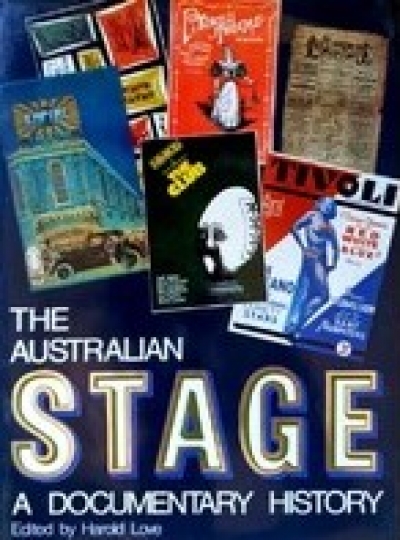Marcus Clarke
In his essay ‘The Fiction Fields of Australia’ (1856), Frederick Sinnett conducts an inquiry ‘into the feasibility of writing Australian novels; or, to use other words, into the suitability of Australian life and scenery for the novel writers’ purpose and, secondly, into the right manner of their treatment’.
Marcus Clarke (1846–1881) was an Australian journalist, novelist, and poet, best known for the novel For the Term of His Natural Life (1874) which was originally serialised as His Natural Life in the Australasian Journal.
Cyril Hopkins’ Marcus Clarke edited by Laurie Hergenhan, Ken Stewart and Michael Wilding
by Susan K Martin •
The Australian Stage edited by Harold Love & Reverses by Marcus Clarke, edited by Dennis Davison
by Helen Thomson •


